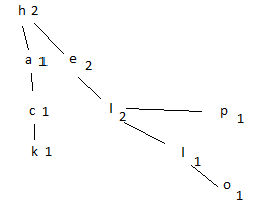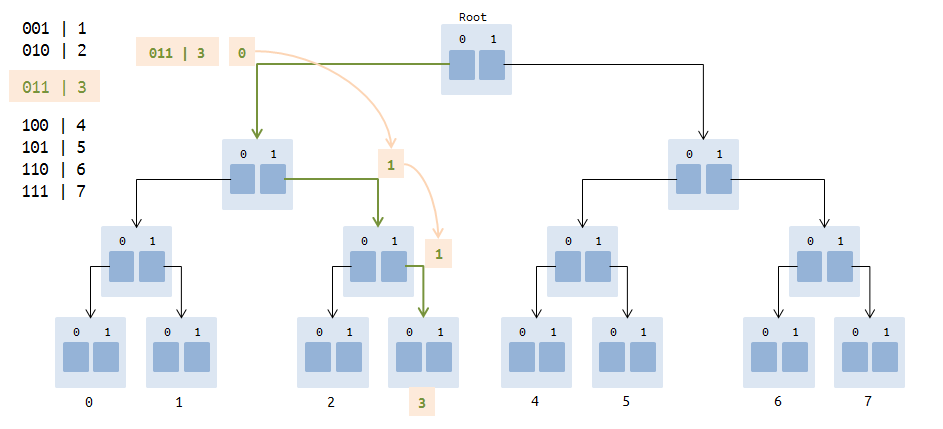I'm working on a hacker rank problem and I believe my solution is correct. However, most of my test cases are being timed out. Could some one suggest how to improve the efficiency of my code?
The important part of the code starts at the "Trie Class".
The exact question can be found here: https://www.hackerrank.com/challenges/contacts
using System;
using System.Collections.Generic;
using System.IO;
class Solution
{
static void Main(String[] args)
{
int N = Int32.Parse(Console.ReadLine());
string[,] argList = new string[N, 2];
for (int i = 0; i < N; i++)
{
string[] s = Console.ReadLine().Split();
argList[i, 0] = s[0];
argList[i, 1] = s[1];
}
Trie trie = new Trie();
for (int i = 0; i < N; i++)
{
switch (argList[i, 0])
{
case "add":
trie.add(argList[i, 1]);
break;
case "find":
Console.WriteLine(trie.find(argList[i, 1]));
break;
default:
break;
}
}
}
}
class Trie
{
Trie[] trieArray = new Trie[26];
private int findCount = 0;
private bool data = false;
private char name;
public void add(string s)
{
s = s.ToLower();
add(s, this);
}
private void add(string s, Trie t)
{
char first = Char.Parse(s.Substring(0, 1));
int index = first - 'a';
if(t.trieArray[index] == null)
{
t.trieArray[index] = new Trie();
t.trieArray[index].name = first;
}
if (s.Length > 1)
{
add(s.Substring(1), t.trieArray[index]);
}
else
{
t.trieArray[index].data = true;
}
}
public int find(string s)
{
int ans;
s = s.ToLower();
find(s, this);
ans = findCount;
findCount = 0;
return ans;
}
private void find(string s, Trie t)
{
if (t == null)
{
return;
}
if (s.Length > 0)
{
char first = Char.Parse(s.Substring(0, 1));
int index = first - 'a';
find(s.Substring(1), t.trieArray[index]);
}
else
{
for(int i = 0; i < 26; i++)
{
if (t.trieArray[i] != null)
{
find("", t.trieArray[i]);
}
}
if (t.data == true)
{
findCount++;
}
}
}
}
EDIT: I did some suggestions in the comments but realized that I can't replace s.Substring(1) with s[0]... because I actually need s[1..n]. AND s[0] returns a char so I'm going to need to do .ToString on it anyways.
Also, to add a little more information. The idea is that it needs to count ALL names after a prefix for example.
Input: "He"
Trie Contains:
"Hello"
"Help"
"Heart"
"Ha"
"No"
Output: 3


